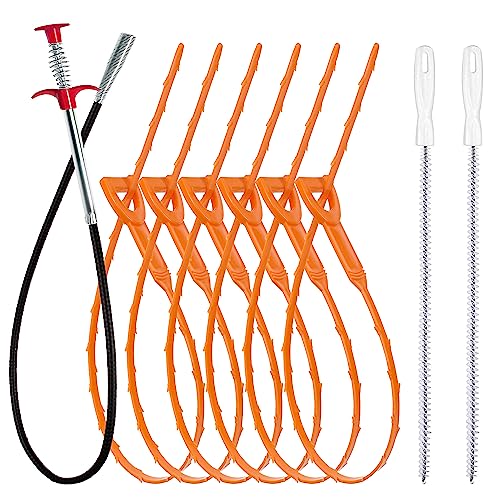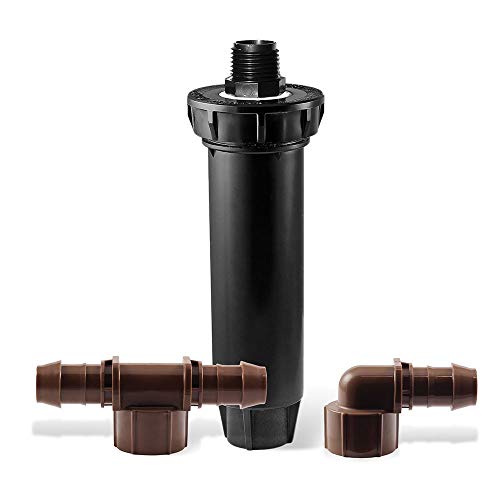Hello all,
I am interested in how the gas pipe lines are connected in my house.
Please see the attached image.
Assume I need to reconnect the pipes from scratch, Here is my question
What is the order I should put the pipes?
For example, if I install pipe 1 first, then 2, then 3, then 6 and 7.
How can I tighten 5, 4 and 3 at the same time? I am not sure how the bolt 4 works. It seems to me if I tight 3-4 then I will loose 4-5.
Another question is how I can make sure the order of 3-2-6 is in the up-down order. What if I finally can get 6-2-3 up-down order. what else I can do?
What is the trick here?

I am interested in how the gas pipe lines are connected in my house.
Please see the attached image.
Assume I need to reconnect the pipes from scratch, Here is my question
What is the order I should put the pipes?
For example, if I install pipe 1 first, then 2, then 3, then 6 and 7.
How can I tighten 5, 4 and 3 at the same time? I am not sure how the bolt 4 works. It seems to me if I tight 3-4 then I will loose 4-5.
Another question is how I can make sure the order of 3-2-6 is in the up-down order. What if I finally can get 6-2-3 up-down order. what else I can do?
What is the trick here?

Last edited:































![MEISTERFAKTUR drain snake 2.0 [50 FT] - with drill attachment - Ideal plumbing snake for sink and drain unblocking - Solid drain auger for real DYIs! (50 FT - 1/4 inch)](https://m.media-amazon.com/images/I/41VwmTiOsgL._SL500_.jpg)














